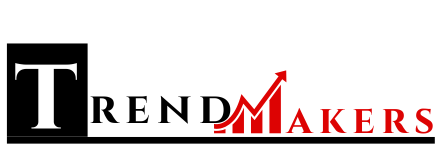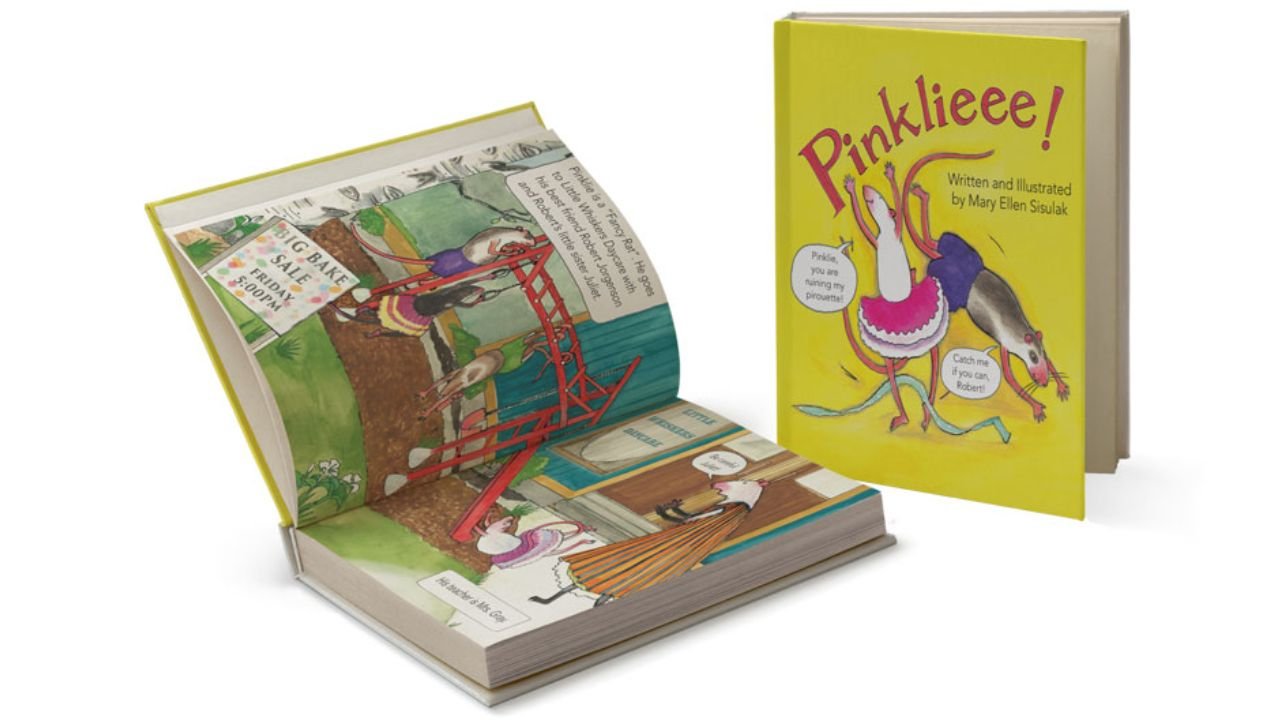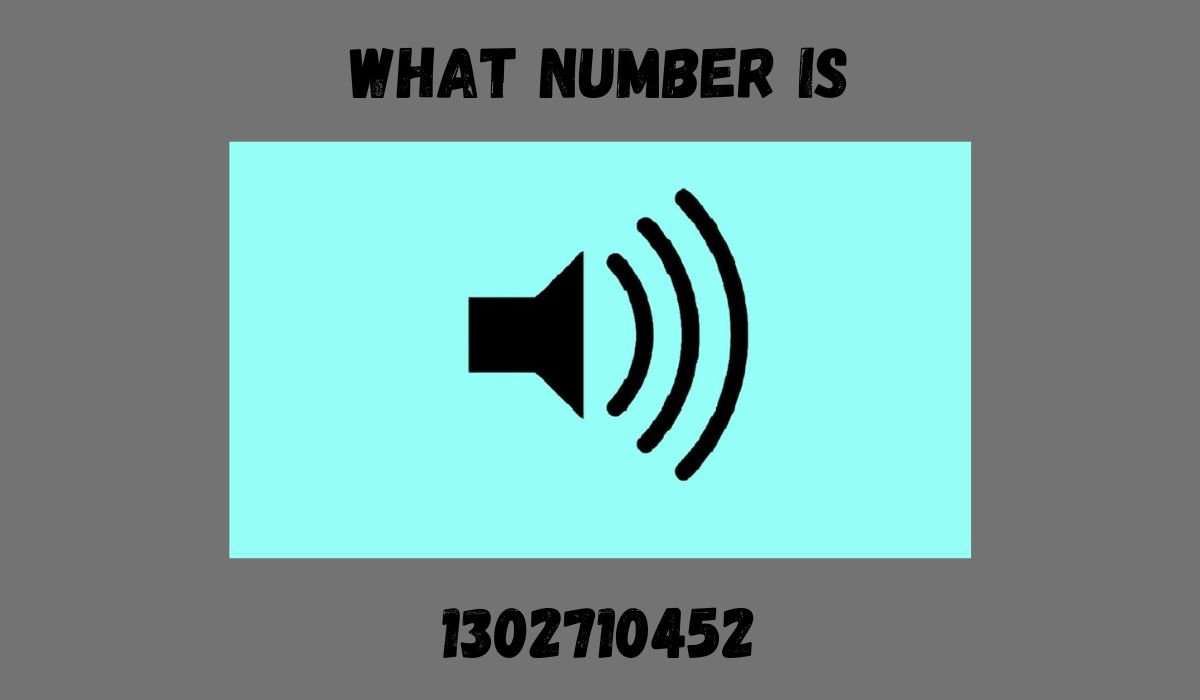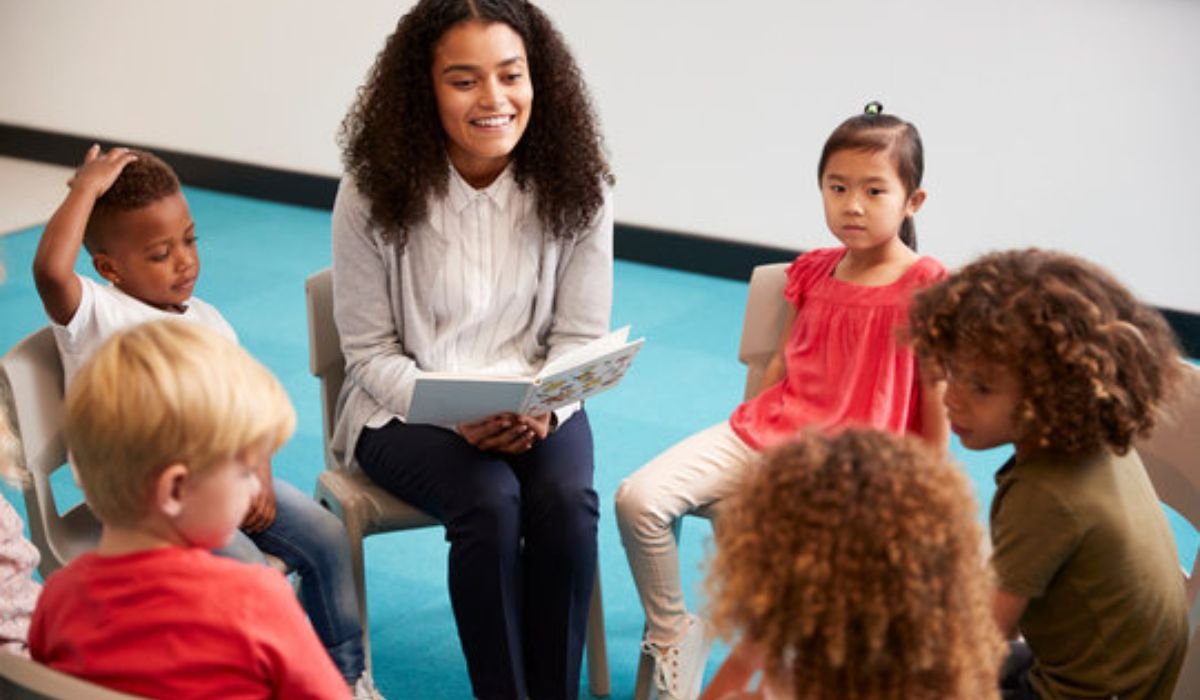Introduction
Choosing the right educational path for your child is a significant decision that can shape their future. The comparison between the Abeka curriculum and public school education often arises in discussions among parents evaluating the best fit for their child’s needs. The choice is not just about academics but also involves considering family values, your child’s learning style, and long-term educational goals. In this article, we will explore the differences between these two educational models, providing you with the insights needed to make an informed decision that supports your child’s growth.
The Age-Old Debate: Abeka vs. Public School
The debate of choosing between the Abeka curriculum and public school education has long intrigued parents and educators alike. Each option presents distinct advantages, yet the best choice largely depends on individual family values and the child’s unique learning style.
A Brief Overview of Both Educational Models
Understanding the fundamental differences between the Abeka curriculum and public schools is crucial. Abeka offers a structured, Christian-based education with an emphasis on rigorous academics. In contrast, public schools are known for their diverse environments and focus on critical thinking and real-world applications.
While both options offer unique advantages, the best choice ultimately depends on individual family values and the child’s learning style. The decision should align with what will most benefit your child’s academic and personal development.
Abeka Curriculum – A Closer Look
What is the Abeka Curriculum?
The Abeka curriculum is a Christian-based educational program known for its structured and traditional teaching methods. It is used widely in homeschooling and private Christian schools across the United States and emphasizes a strong foundation in academics and moral character.
A Brief History of Abeka
Founded in 1954, Abeka started in Pensacola, Florida, as part of the ministry of Pensacola Christian College. It has grown into a comprehensive curriculum provider that supports homeschoolers and Christian schools globally. Its rich history reflects a commitment to delivering quality education through a Christian lens.
Core Principles and Philosophy
Abeka is grounded in Christian principles, aiming to integrate faith into every aspect of learning. The core philosophy revolves around instilling strong moral values and a biblical worldview in students, preparing them for both academic success and personal growth.
Christian Worldview and Values
A distinct feature of the Abeka curriculum is its Christian worldview. Every subject is taught from a biblical perspective, aiming to nurture a student’s spiritual growth alongside their academic achievements.
Academic Rigor and Standards
Abeka’s curriculum is designed to challenge students while maintaining high academic standards. It covers a wide range of subjects, ensuring a well-rounded education.
Subject-Specific Curriculum and Standards
Abeka includes comprehensive coverage of subjects like mathematics, science, language arts, and history. These subjects are taught with an emphasis on mastery and understanding, providing students with a solid educational foundation.
Comparison to Public School Standards
When compared to public school standards, Abeka often exceeds in terms of academic rigor. Its curriculum is designed to challenge students and encourage critical thinking, although it may not emphasize it as much as public schools do.
Potential for Advanced Learners
For advanced learners, the Abeka curriculum provides opportunities for accelerated learning and deeper exploration of subjects. This can be particularly beneficial for students who thrive in a structured environment and enjoy academic challenges.
Pros and Cons of Abeka
Pros:
- Structured Learning Environment: Provides consistency and a clear framework for learning.
- Strong Emphasis on Character Development: Integrates moral and ethical lessons into the curriculum.
- Consistent Curriculum and Teaching Methods: Offers a stable and predictable learning experience.
- Potential for Personalized Learning: Can be tailored to individual student needs, especially in a homeschooling setting.
Cons:
- Limited Diversity and Inclusivity: Less exposure to diverse perspectives and cultures.
- Potential for Rigid Teaching Methods: May not allow for as much flexibility or creativity in teaching approaches.
- Less Emphasis on Critical Thinking and Problem-Solving: Focuses more on rote learning and memorization.
- Limited Social Interaction Opportunities: Especially in homeschooling setups, there may be fewer chances for socialization with peers.
Public School Education – A Deeper Dive
The Public School System
Public schools are government-funded institutions that aim to provide free education to all students. They offer a broad curriculum designed to prepare students for the challenges of the modern world.
Overview of Public School Structure and Governance
Public schools are governed by local school districts and adhere to state and federal education standards. They are accountable to the community and funded through taxes, which contributes to their open-access policy.
Diverse Learning Environments
Public schools are known for their diversity, offering students exposure to a wide range of cultures, ideas, and perspectives. This diversity fosters a rich learning environment where students can learn from each other’s experiences and backgrounds.
Emphasis on Social Skills and Teamwork
Public schools place a significant emphasis on developing social skills and teamwork. Students learn to collaborate, communicate, and work effectively with others, preparing them for real-world interactions.
Academic Standards and Curriculum
Public schools follow state-mandated curriculums and standards, which ensure a consistent level of education across different regions.
Common Core State Standards
The Common Core State Standards outline the learning goals for each grade level, focusing on critical thinking and problem-solving. While some states have adopted these standards, others follow their own guidelines.
State-Specific Curriculum Requirements
In addition to the Common Core, each state may have specific curriculum requirements that cater to regional educational priorities and needs.
Opportunities for Advanced Placement and Honors Courses
Public schools offer a range of advanced placement (AP) and honors courses for students seeking more challenging academic experiences. These programs provide an opportunity for students to earn college credit while still in high school.
Pros and Cons of Public School
Pros:
- Diverse Student Body and Perspectives: Exposure to a wide range of ideas and cultures.
- Experienced Teachers and Specialized Programs: Access to a variety of educational resources and expertise.
- Exposure to Extracurricular Activities and Sports: Opportunities for well-rounded development beyond academics.
- Opportunities for Social and Emotional Development: Fostering skills essential for personal growth and relationships.
Cons:
- Potential for Inconsistent Teaching Quality: Variability in teacher effectiveness and resources.
- Bureaucracy and Administrative Challenges: Slow response to changes and innovation.
- Lack of Individualized Attention: Larger class sizes may limit personalized instruction.
- Potential for Negative Peer Influences: Exposure to diverse social dynamics that can be both positive and negative.
Making the Right Choice for Your Child
Factors to Consider
Choosing between the Abeka curriculum and public school involves weighing several important factors.
Family Values and Beliefs
Consider how each educational model aligns with your family’s values and beliefs. For families seeking an education rooted in Christian principles, Abeka may be the preferred choice.
Child’s Learning Style and Needs
Assess your child’s unique learning style and academic needs. Some children thrive in the structured environment of Abeka, while others benefit from the diverse and interactive setting of public schools.
Long-Term Educational Goals
Think about your long-term educational goals for your child. Whether it’s preparing for college, developing critical thinking skills, or nurturing a love for learning, each option has its strengths.
Social and Emotional Development
Reflect on the importance of social interactions and emotional growth. Public schools often provide more opportunities for socialization, but Abeka’s homeschooling model can also offer tailored experiences.
Financial Considerations
Evaluate the financial implications of each choice. While public schools are tuition-free, the cost of Abeka materials and potential homeschooling expenses should be factored in.
Tips for a Smooth Transition
If you’re considering a switch between educational models, here are some tips to help ease the transition.
Research and Visit Schools
Take the time to research and visit schools, both public and those using the Abeka curriculum. Understanding the environment and offerings firsthand will help inform your decision.
Communicate with Educators
Engage with educators, teachers, and administrators to gain insights into the curriculum and teaching methods. Open communication can help address any concerns and expectations.
Prepare Your Child for the Change
Transitioning to a new educational model can be challenging for children. Prepare them by discussing the differences, addressing their concerns, and fostering a positive attitude towards the change.
Stay Involved in Your Child’s Education
Regardless of the choice, staying actively involved in your child’s education is crucial. Regularly communicate with teachers, participate in school events, and provide support at home.
YOU MAY ALSO LIKE: Discover Warrior High School’s Approach to Holistic Education
Conclusion
The decision between the Abeka curriculum and public school education is a personal one, with no one-size-fits-all answer. Both options offer valuable benefits that can contribute to your child’s academic success and personal growth. By carefully considering your family’s values, your child’s learning style, and your long-term educational goals, you can make an informed choice that aligns with your priorities. Whether you opt for the structured and faith-based approach of Abeka or the diverse and dynamic environment of public schools, your involvement and support will be key to your child’s success.
FAQs
What is the main difference between the Abeka curriculum and public school education?
The Abeka curriculum is a Christian-based program focused on a structured and traditional approach, integrating faith into learning. Public schools offer a more diverse environment, emphasizing critical thinking and real-world applications.
Is the Abeka curriculum more challenging than public school curricula?
Abeka is known for its rigorous academic standards, often exceeding public school benchmarks. However, both educational models can challenge students in different ways based on their focus and teaching methods.
How does the social experience differ between Abeka and public schools?
Abeka, often used in homeschooling or private Christian schools, may provide fewer social interaction opportunities compared to public schools, where students are exposed to a diverse student body and community activities.
Can Abeka students participate in standardized testing?
Yes, students using the Abeka curriculum can participate in standardized testing. Many parents choose to have their children take these tests to evaluate their academic progress compared to public school students.
Are extracurricular activities available to Abeka students?
While public schools offer a wide range of extracurricular activities, Abeka students can participate in external activities and community programs, depending on availability and parental involvement.











